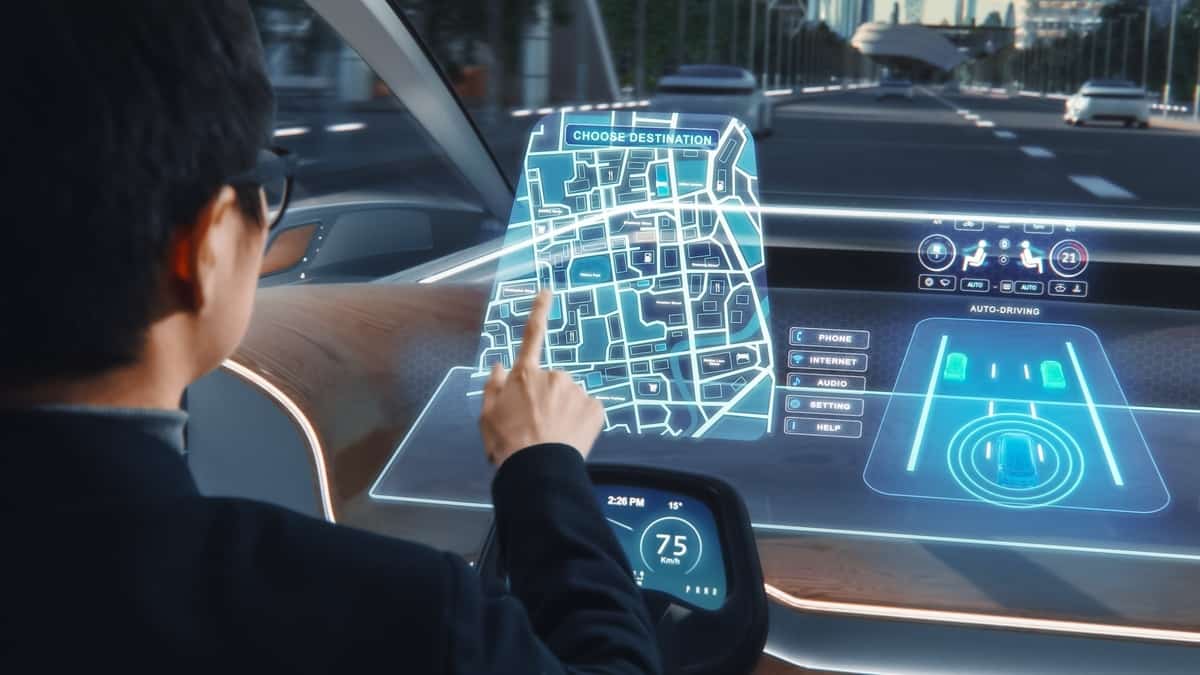From environmental impact to performance upgrades, dive into 20 ways EVs are changing the game.
| Sustainability | Reduce greenhouse gas emissions and air pollution. |
| Powertrain Innovation | Focus on electric motors and battery technology, driving advancements in efficiency, performance, and charging infrastructure. |
| Consumer Preferences | Shift in consumer demand towards cleaner, quieter, and more efficient vehicles, influencing car manufacturers’ strategies. |
| Business Models | New business models emerge, such as subscription services, battery leasing, and charging networks, diversifying the industry. |
| Manufacturing Processes | Transition to new production methods and materials, requiring workforce training and adaptation. |
| Supply Chains | Conventional supply chains for internal combustion engine components and fossil fuels are being disrupted, opening doors for new materials and technologies. |
| Job Market | Employment growth in software development, EV repair, battery production, and charging infrastructure, with a possible decrease in ICE-related occupations. |
| Autonomous Driving | Integration of electric powertrains with autonomous driving technology, potentially leading to cleaner and safer transportation systems. |
| Urban Mobility | Increased adoption of EVs in cities, with potential benefits for air quality, noise reduction, and traffic congestion. |
| Energy Grid Integration | Development of smart charging solutions and vehicle-to-grid technology, enabling EVs to contribute to grid stability and renewable energy integration. |
| Government Policy | Policies like tax incentives, charging infrastructure investment, and emission regulations contribute to EV adoption and industry transformation. |
| Competition | Entry of new players, like tech companies and startups, challenging established automakers and fostering innovation. |
| Design and Performance | Flexible electric platforms open up new opportunities for vehicle design, resulting in innovative and aerodynamic forms. |
| Driving Experience | EVs offer instant torque, smooth acceleration, and quieter operation, changing the overall driving experience. |
| Ownership Costs | Lower operating costs because they require less maintenance and less fuel. However, EVs are more expensive upfront. |
| Performance Vehicles | Rise of high-performance electric vehicles, challenging the perception of EVs as less exciting than gasoline cars. |
| Luxury Segment | Growing adoption of EVs in the luxury segment, with brands offering premium features and technology. |
| Public Transportation | Potential for electrification of public transportation systems in order to provide a more eco-friendly and effective mobility. |
| Motorsport | Rise of electric motorsport, showcasing the potential and excitement of EVs in a competitive environment. |
| Long-Term Impact | Transformation of the entire transportation ecosystem, with potential impact on urban planning, energy production, and overall sustainability. |

